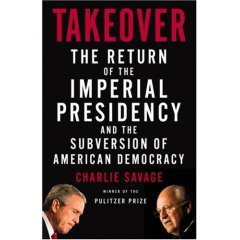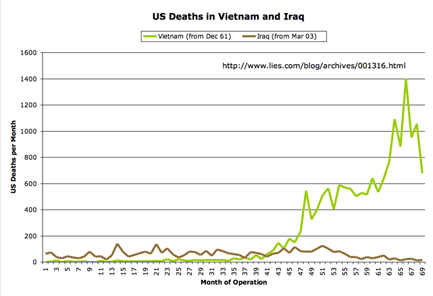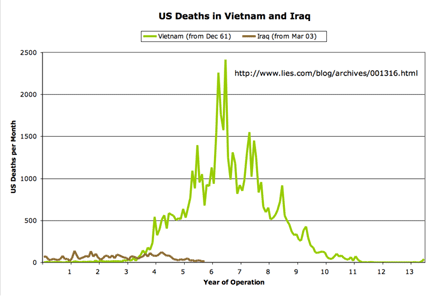…he repeated, with such tremulous feeling, the various lines which imaged a broken heart, or a mind destroyed by wretchedness, and looked so entirely as if he meant to be understood, that she ventured to hope he did not always read only poetry, and to say, that she thought it was the misfortune of poetry to be seldom safely enjoyed by those who enjoyed it completely; and that the strong feelings which alone could estimate it truly were the very feelings which ought to taste it but sparingly.
His looks shewing him not pained, but pleased with this allusion to his situation, she was emboldened to go on; and feeling in herself the right of seniority of mind, she ventured to recommend a larger allowance of prose in his daily study; and on being requested to particularize, mentioned such works of our best moralists, such collections of the finest letters, such memoirs of characters of worth and suffering, as occurred to her at the moment as calculated to rouse and fortify the mind by the highest precepts and the strongest examples of moral and religious endurances.
Captain Benwick listened attentively, and seemed grateful for the interest implied; and though with a shake of the head, and sighs which declared his little faith in the efficacy of any books on grief like his, noted down the names of those she recommended, and promised to procure and read them.
— Persuasion, Chapter 11
The passage is pithier in the Amanda Root movie, but there’s something cool about the original Austen, if you can manage to slow yourself down long enough to understand what she’s saying. Anyway, I bring this up by way of introducing a completely different book, one that Linda says is making me too serious, like Captain Benwick. “You should perhaps include a greater allowance in your reading of something other than these depressing Bush critiques,” she told me the other night, and we both smiled at the reference.
But the book really is amazingly good. It’s Takeover, by Charlie Savage, and I encourage you all to procure and read it.

It’s great because Savage takes his role as a journalist seriously, which I guess makes him something of a dying breed. He offers scrupulously researched detail, never straying into opinion or editorializing, trusting the reader to draw his or her own conclusions. And while much of the information he presents isn’t new, there’s power in the way he ties it into a coherent narrative.
And some of it is is new, at least to me. Like the part about Bush’s use of torture, and the roots of the particular techniques that have been employed in places like Guantanamo, Abu Ghraib, the CIA black sites, and the Navy brig in Virginia where Jose Padilla was held for years before being charged.
The techniques the Bush-Cheney administration approved after 9/11 included a range of disorienting and debilitating ordeals, including stripping prisoners naked; subjecting them to prolonged isolation and sleep disruption and deprivation; bombarding cells for long periods with very loud music and grating sounds; leaving bright lights on in a cell twenty-four hours a day; keeping cells stifling hot or freezing cold; shackling prisoners in painful “stress” positions for many hours; exploiting prisoners’ phobias by such means as menacing them with fierce dogs; and — in the case of the CIA — water-boarding.
As Savage explains, these techniques had a very specific origin. They emerged from a type of US military training called SERE (for “Survival, Escape, Resistance, and Evasion”).
SERE School was a by-product of the Korean War. During the war, Communist forces began producing elaborate propaganda films of American pilots who had been shot down and captured “confessing” to such heinous crimes as deliberately targeting civilians with chemical and biological weapons. The U.S. government knew that the confessions were false and that they had been coerced, but the prisoners of war did not seem to have been physically abused before making the “confessions.” After the war, when the pilots were returned, they all told the same story: Chinese interrogators, working with the North Koreans, had put them through a series of sustained torments — the same list described above — until their minds had bent and they had made false confessions.
The point of SERE training is to help air crews and Special Forces members prepare themselves to better resist that sort of treatment should they be captured by a country that doesn’t respect the Geneva Conventions. But the people who play the role of interrogators in SERE training are not real interrogators. Real interrogators, people trained to obtain useful, actionable intelligence, view the coercive techniques of the SERE curriculum as the worst possible approach, since all it does is manipulate the captive into telling you whatever it is he thinks you want to hear, regardless of the truth. Yet this is the approach the Bush administration has systematically employed in dealing with the threat of terrorism.
Once I saw the situation in that context, it all snapped into focus. Of course the Bush administration is employing illegal techniques to coerce false confessions as part of the War on Terror. They’re not interested in the truth. They’re only interested in getting the answers that they’ve already decided will help them the most. So: Public fears of imminent terror boost your level of public support? Great. Subject a few captured al Qaeda fighters (or even just random guys turned in for the $5,000 bounty you’re paying in Afghanistan) to waterboarding, and presto: You get a constant stream of “information” about scary plots that keep the public on edge and the terror alert level high. You’re taking public heat because you can’t catch the actual people running al Qaeda? Some bright lights, rock music, and smacky-face later, you get a string of “confessions” from the people you actually can catch, all of whom turn out to be key, high-level figures in the organization. (How many #2’s does al Qaeda actually have, anyway?)
It’s exactly the same approach they used in the run-up to the Iraq war, when they twisted the intelligence process to produce conclusions (that Saddam had WMD, was in bed with al Qaeda, and had an active campaign to acquire nuclear weapons) that supported the a priori decision to invade. For that matter, it’s the same approach they used during the Florida recount in 2000, when they didn’t care about finding the truth about who had received the most votes, but only about producing the outcome they wanted. It isn’t about truth. It’s about what they can get away with, what they can get people to believe, once “truth” as a goal has been dispensed with. It’s about politics, a game they’ve learned to win by being more ruthless than the next guy, more willing to run roughshod over any objection — rational, ethical, legal — that stands between them and the thing they want.
At its core, the Bush administration is founded on a lie: That George W. Bush is the sort of person that anyone in his right mind would pick to run a country. From the earliest days of the 2000 campaign they’ve been focused like a laser on maintaining that fiction. Everything that has followed — the incompetent loyalists in positions of authority, the lies, the coverups, the lawbreaking, and yes, the torture — all have their roots in the essential dishonesty that is at the heart of the Bush presidency.



